Course Overview
This course covers how to use databases in applications, first principles on how to scale for large data sets and how to design good data systems.
A few key topics:
— Introduction to relational data model, relational database engines, and SQL.
— How to scale systems for large data sets on servers and server clusters
— How to design good schemas based on dependencies, normal forms so we build and evolve good applications. This will include indexes, views and transactions.
The class will culminate in a hands-on programming project in SQL+Python — a key part of the course — where you will query, visualize and predict from terabytes of data on BigQuery, a popular cloud database part of Google Cloud Platform.
Key Dates
Lectures: Tues/Thurs
4:30 PM - 5:50 PM
NVIDIA Auditorium
Midterm: Thursday, October 31
4:30 PM - 5:50 PM
NVIDIA Auditorium (In Class Exam)
Final Exam: Monday, December 9
7:00PM - 10:00PM
CEMEX Auditorium
Schedule
| Event | Date | Description | Course Materials |
|---|---|---|---|
| Lecture 1 | 9/24 Tu |
Why Databases?
Concepts: Data models, DB systems overview |
[Introduction: Why databases?]
[Project outline] [Systems Primer] [Getting Your Google Cloud Platform Credits] Reading List: [AWS: Data Lakes and Analytics] [AWS: What is a Data Lake?] |
| Lecture 2 | 9/26 Th |
SQL I
Concepts: Schemas, Systems, Select-From-Where |
[Example SQL]
[SQL - Part I] |
| Project 1 Release | 9/30 Mon | See Course Info for general submission information and the regrade policy. |
[project1_handout.pdf]
[project1_submission.py] [Getting started with BigQuery] |
| Lecture 3 | 10/1 Tu |
SQL II
Concepts: Joins, Set operators, Subqueries |
[SQL Deep Dive] |
| Homework 1 Released | 10/1 Tu | Reminder: Submit your solutions directly via Gradescope. | [CS145_Fall_2019_Homework_1.pdf] |
| Lecture 4 | 10/3 Th |
SQL III, Advanced
Concepts: Grouping, Aggregations, Nested queries |
[SQL Deep Dive (Same Slides as Previous Lecture)] |
| Section 1 | 10/4 Fr |
9:30 AM — 10:20 AM
NVIDIA Auditorium |
[Section #1 Slides] |
| Lecture 5 | 10/8 Tu |
Scale: Indexing and IO Model
|
[Scale Slides] |
| Lecture 6 | 10/10 Th |
DJ Patil (former US Chief Data Scientist)
Guest Lecture: Data Ethics and Open Datasets |
|
| Project 1 Due | 10/11 Fri | ||
| Lecture 7 | 10/15 Tu |
Sorting, Building Indices Part 1
|
[ Sorting, Building Indices Slides] |
| Homework 1 Due | 10/15 Tu | ||
| Homework 2 Released | 10/16 Tu | [CS145_Fall_2019_Homework_2.pdf] | |
| Lecture 8 | 10/17 Th |
Sorting, Building Indices Part 2
Query Optimization Part 1 |
[ Sorting, Building Indices Slides]
[ Query Optimization Slides] |
| Project 2 Release | 10/17 Th |
[proj2_handout.pdf]
[Project 2 Colab Notebook] |
|
| Section 2 | 10/18 Fr |
9:30 AM — 10:20 AM
NVIDIA Auditorium |
[ Section #2 Slides] |
| Lecture 9 | 10/22 Tu | Query Optimization Part 2 | [ Query Optimization Slides] |
| Lecture 10 | 10/24 Th |
Systems Design: Putting it all together
|
[ Systems Design Slides] |
| Lecture 11 | 10/29 Tu |
Exam Review
|
[Midterm Review Slides] |
| Homework 2 Due | 10/29 Tu | ||
| Midterm | 10/31 Th | In-class (4:30 - 5:50pm) | |
| Project 2 Due | 11/4 Mo | ||
| Project 3 Release | 11/4 Mo |
[project3_handout.pdf]
[high_level_rubric_project_3.pdf] [Project 3 ML Warmup Colab Notebook] [Project 3 Colab Template] |
|
| Lecture 12 | 11/5 Tu | Transactions | [Transactions Slides] |
| Homework 3 Released | 11/5 Tu | [CS145_Fall_2019_Homework_3.pdf] | |
| Lecture 13 | 11/7 Th | Transactions | [Transactions Slides] |
| Project 3 Proposal Due | 11/8 Fr | ||
| Section 3 | 11/8 Fr |
9:30 AM — 10:20 AM
NVIDIA Auditorium |
[ Section #3 Slides] |
| Lecture 14 | 11/12 Tu | Transactions | [Transactions Slides] |
| Lecture 15 | 11/14 Th |
Zulfikar Ramzan (CTO of RSA)
Guest Lecture: Data Security |
|
| Lecture 16 | 11/19 Tu |
E/R Model and Design Theory
|
[E/R Model Slides] [Design Theory Slides] |
| Homework 3 Due | 11/19 Tu | ||
| Homework 4 Released | 11/20 We | [CS145_Fall_2019_Homework_4.pdf] | |
| Lecture 17 | 11/21 Th |
Design Theory Continued
|
[Design Theory Slides] |
| Section 4 | 11/22 Fr |
9:30 AM — 10:20 AM
NVIDIA Auditorium |
[ Section #4 Slides] |
| Thanksgiving -- no lecture | 11/26 Tu |
|
|
| Thanksgiving -- no lecture | 11/28 Th |
|
|
| Project 3 Due | 12/2 Mo | ||
| Homework 4 Due | 12/3 Tu | ||
| Lecture 18 | 12/3 Tu |
John Doerr (Chairman of Kleiner Perkins)
Guest Lecture: Attacking Big Problems with Data. |
|
| Lecture 19 | 12/5 Th |
Final Review
|
[ Final Review Slides] |
| Final Exam | 12/9 Mo | 7:00 - 10:00 p.m | CEMEX Auditorium |
Course Logistics and Policies
Prerequisites CS 103 and CS 107 (or equivalent)
Grading Homework: 10%, Projects: 35% (10 + 10 + 15), Midterm Exam: 20%, Final Exam: 35%.
We will be offering extra credit for in class participation and high quality answers to fellow student questions in piazza.
Piazza Join our Piazza to receive important announcements and get answers to your questions.
Homeworks There will be 4 biweekly homework assignments, worth 10% of your final grade, that accompany the material
being taught in class. They will be graded on completion basis — meaning that you will receive full credit as long as
you submit the assignment on time and receive a grade above 70%. You will submit your homeork through Gradescope. No late days
can be used on homework.
The homework assignments reflect the exam material, so it is in
your best interest to complete them thoroughly.
Aside from preparing you for the exam, they will assess and reinforce
your understanding of the material.
Sections There will be 4 optional discussion sections that will accompany each homework assignment. We encourage you to come in person because they will not be recorded. The slides will be posted online.
Exam Dates- Midterm: Thursday, October 31st (In Class Exam)
- Final: Monday, December 9th from 7:00-10:00 p.m. (see university final exam scheduling)
Exam Notes Sheet For the midterm, we allow students 1 two-sided 8.5x11" piece of paper with typed or written notes. For the final exam we will allow students two notes sheets.
Late Days You are allowed a total of two late days shared between all project deadlines. You do not lose any credit when using a late day. If you run out of late days and submit after the deadline, you receive a 0. (Late days can only be applied for projects.)
Lectures Lectures occur on Tues/Thurs 4:30-5:50 p.m. in NVIDIA Auditorium. NOTE that while attendance is not mandatory, we will be giving out extra credit for students with insightful in-class participation.
Lecture Videos Lecture videos will be recorded and posted on Canvas.
Textbook There is no required textbook, but for students who want additional resources, we recommend the following two:- Database Systems 2nd Edition by Garcia-Molina
- First Course in Database Systems 3rd Edition by Ullman
Accomodations Students who may need an academic accommodation based on the impact of a disability must initiate the request with the Office of Accessible Education (OAE) and notify us at least 7 days (ONE week) prior to the Midterm and/or Final Exam.
Projects
Group Size The first two projects are individual only, but the third project you are allowed to work in teams of two.
Project Submissions You will submit your projects via Gradescope. Sign up for Gradescope using your Stanford email address and student ID. The course code is 98Y6NR. Each assignment will include specific instructions regarding what files to submit.
Regrade Policy If you think that we've made a grading mistake or that the work you submitted should be regraded, submit a regrade request on Gradescope within one week of receiving your grade. Be sure that you prepare a short and convincing argument on Gradescope about why you think your work was incorrectly graded – we reserve the right to ignore your regrade request if you don't provide a justification. If you submit a regrade request, we reserve the right to regrade your entire assignment. This means that your overall score could go down.
Staff
Instructor Shiva Shivakumar
|
Teaching Assistants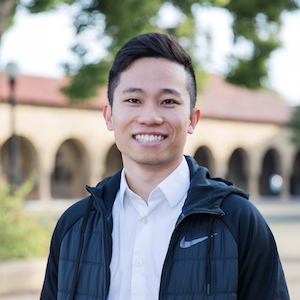 Albert Feng (head)
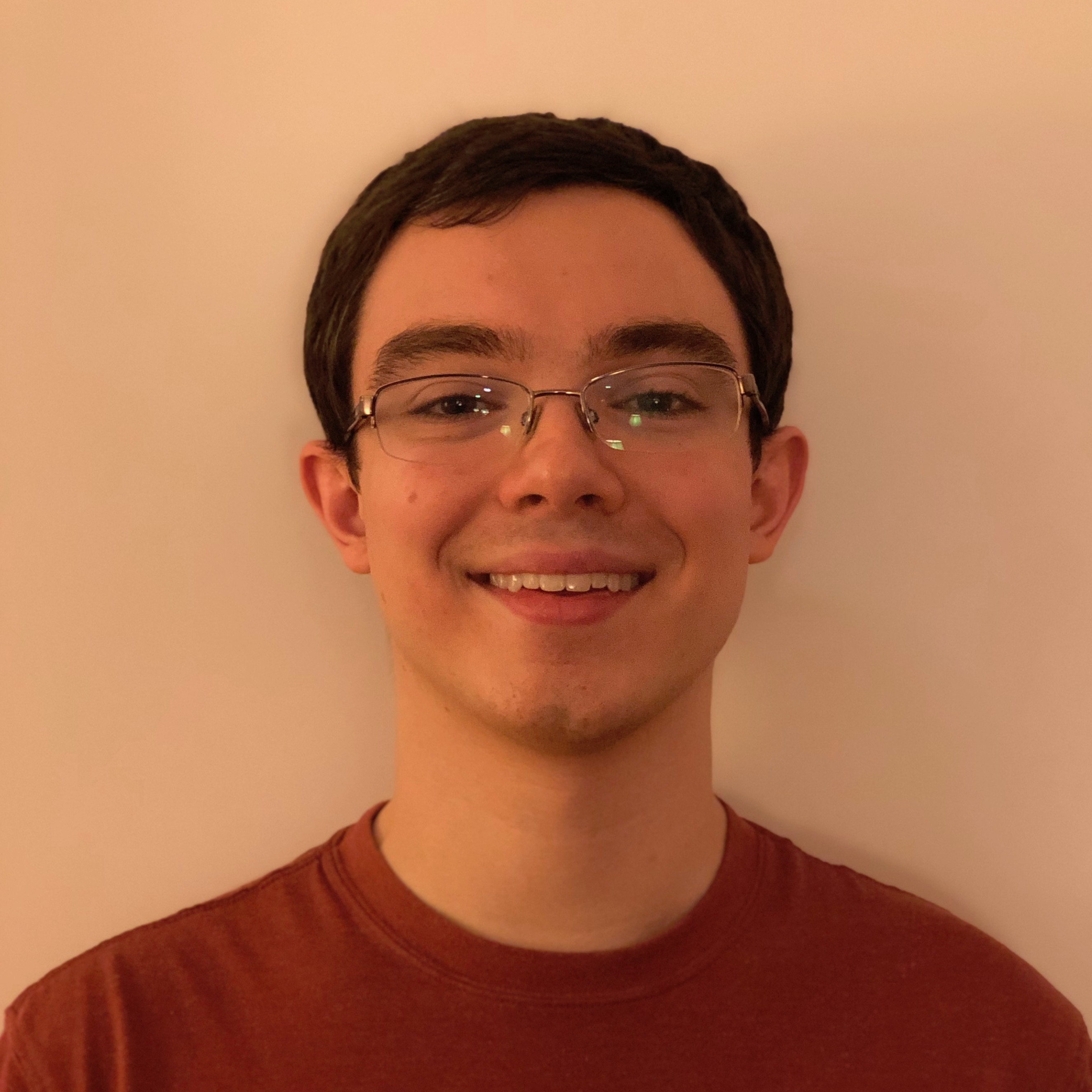 Andrew Sharp
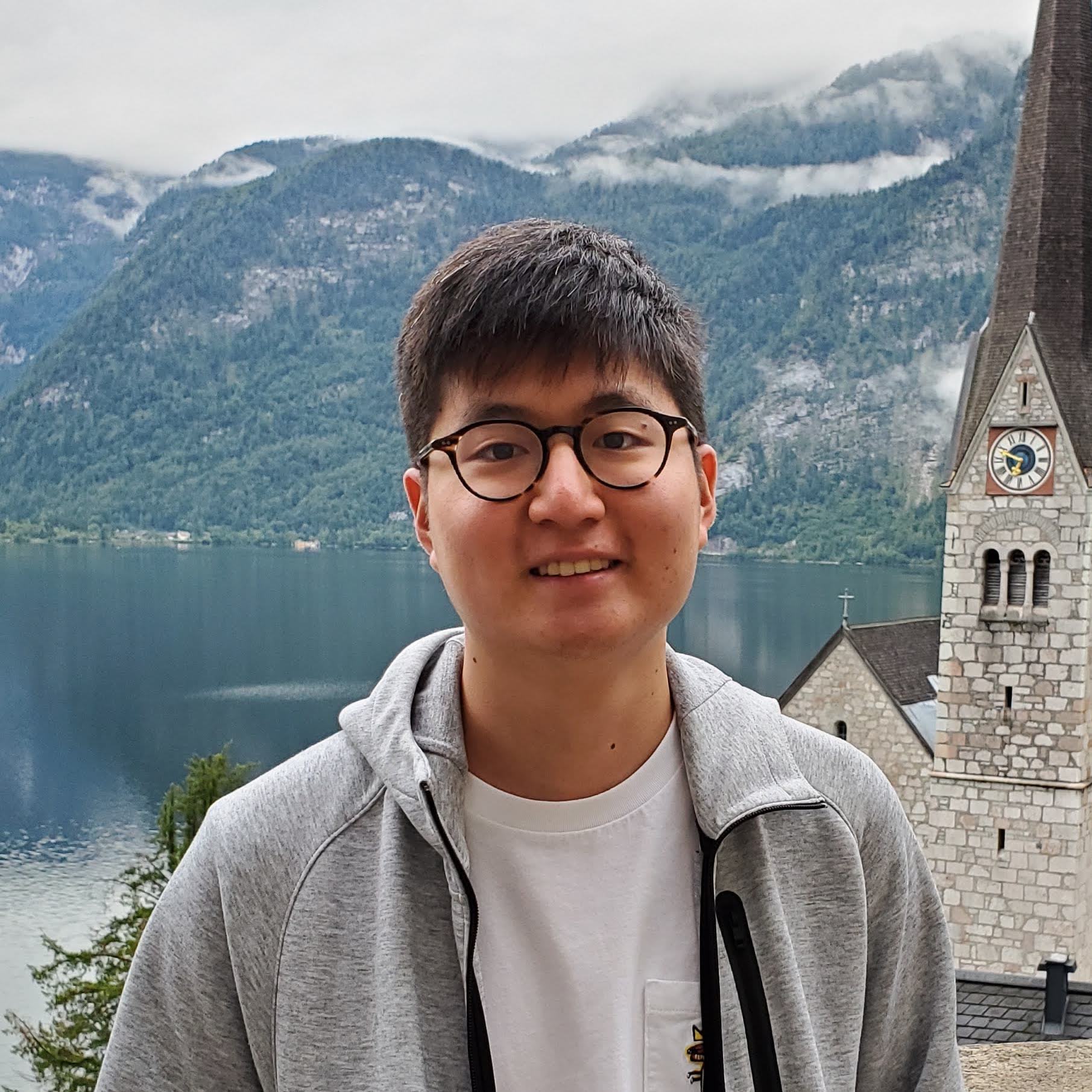 Bryan Kim
 Eric Matsumoto
 Hang Jiang
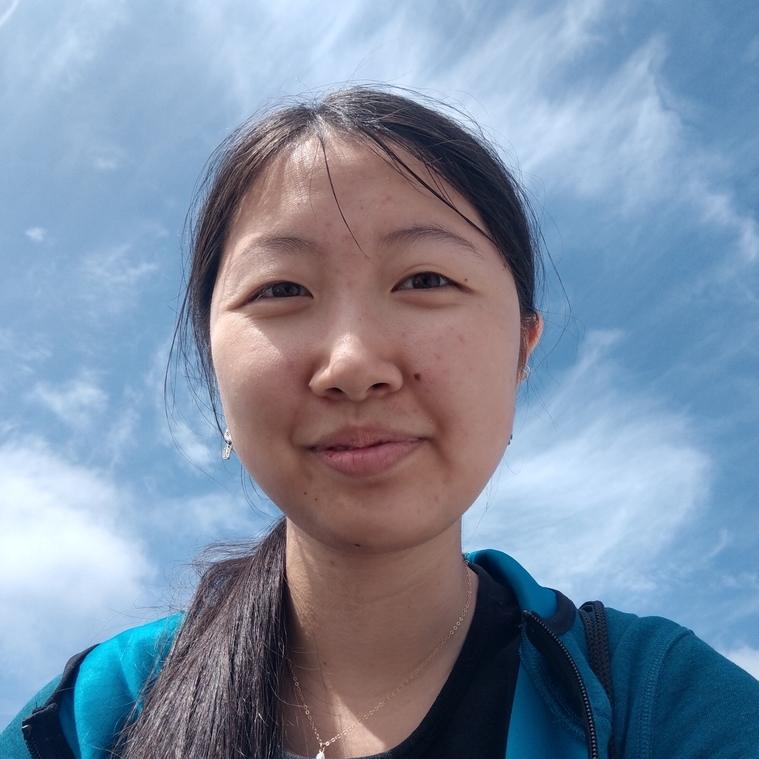 Jennie Chen
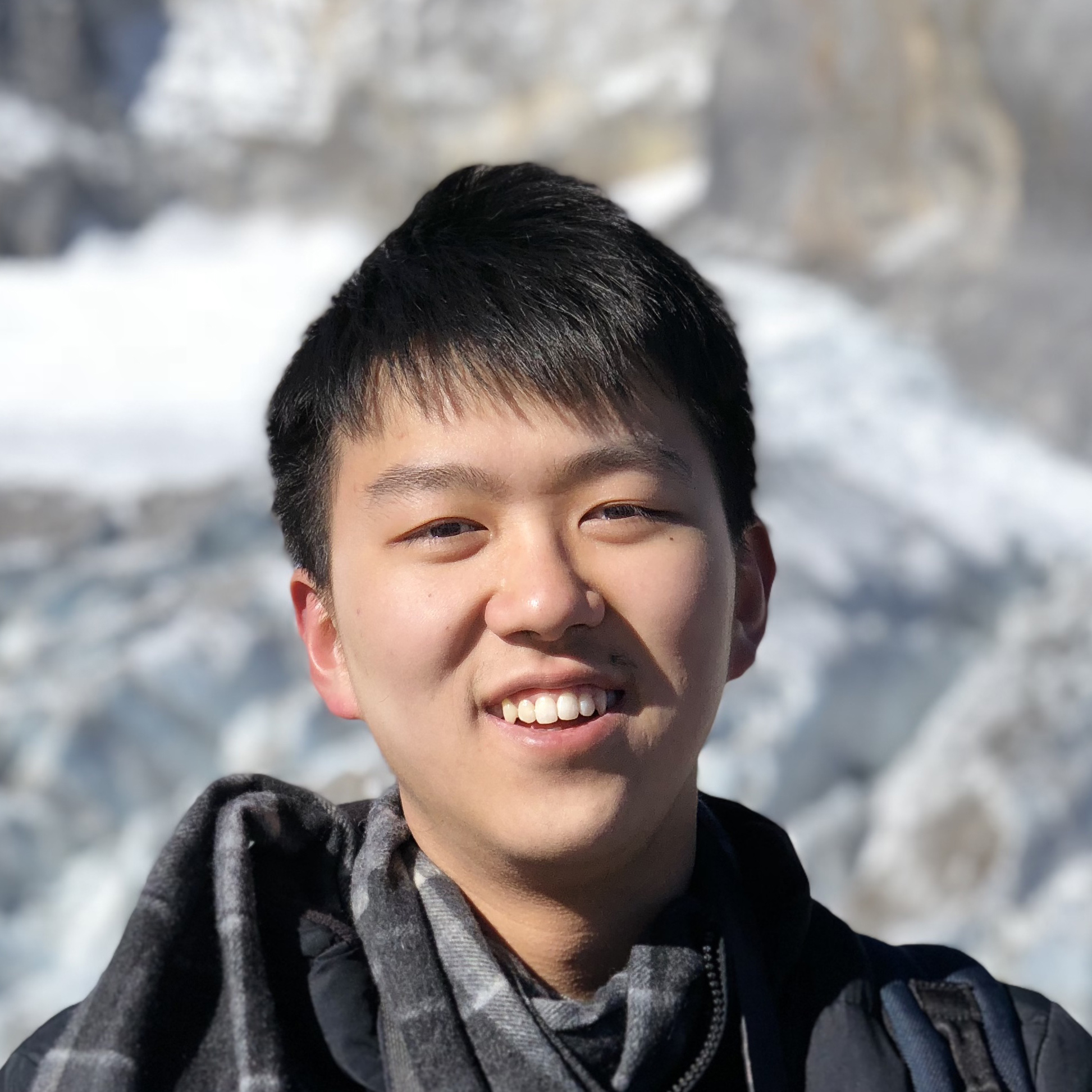 Luyao Hou
 Ning Niu
 Nishant Rai
 Qiwen Wang
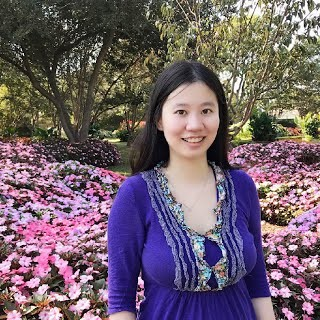 Yulian Zhou
|
Office Hours
All OH will be held in Huang Basement, in the large, open collaboration area with desk/tables. The one exception is Prof Shiva's OH, which will be held in Huang 050A.
To sign up for OH, use our queue: https://queuestatus.com/queues/518/